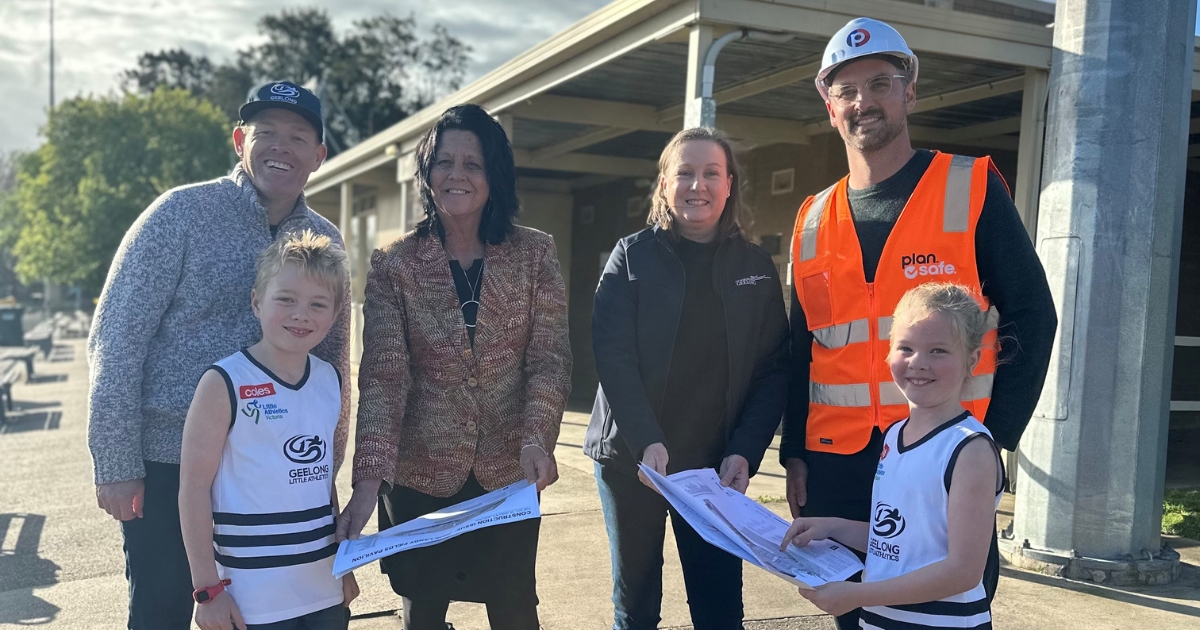Report warns on climate’s impact on the coast
REALIGNED shorelines, inundated low-lying areas and bushfires that happen more often and more intensely are among the predicted effects of climate change on Victoria’s coastline.
Last week, the Victorian Coastal Council (VCC) released a booklet about the likely future impacts of climate change on the state’s coastal and marine environments and how these challenges can be met.
In coming years, Victoria’s coastal regions will face changes in rainfall, wind and wave patterns, rising sea level, more extreme storms, and warmer and more acidic oceans.
The Victoria’s Coasts: Preparing for the future booklet aims to help the community and coastal managers understand how our coastline is likely to change and to stimulate important public discussions about how we can best prepare for these changes.
Based on the latest scientific information, the booklet highlights the most significant impacts of climate change on Victoria’s coast and identifies “sentinel” issues that are thresholds or tipping points, such as the hooded plover (which suffers direct impacts such as nest flooding), the spread of invasive species and diseases from higher sea temperatures, and loss of plankton base for food webs from ocean acidification.
The booklet also recommends several practical research activities that can be invested in to greatly improve understanding and capacity to manage any impacts.
Given the complexity embedded in how climatechange affects our inter-linked coastal systems, the report highlights the importance of scientists, managers and the community collaborating to build our understanding of marine and coastal ecosystems and processes.
“Our climate is changing. We are seeing the effects now and the impacts will be greater in the future,” VCC chair Dr Anthony Boxshall said.
“The more we know about what is likely to happen along our coasts, the better we will be able to cope with these changes.”
“The approaches outlined in this report will get us on the front foot in understanding and planning for climate change.
Without them, we risk making poorly informed and ultimately expensive decisions.”
The report’s release is one of the final actions of the VCC before its responsibilities transition to the new Marine and Coastal Council later this year.
To download the report, head to vcc.vic.gov.au/page/resources/research-and-reports.


















